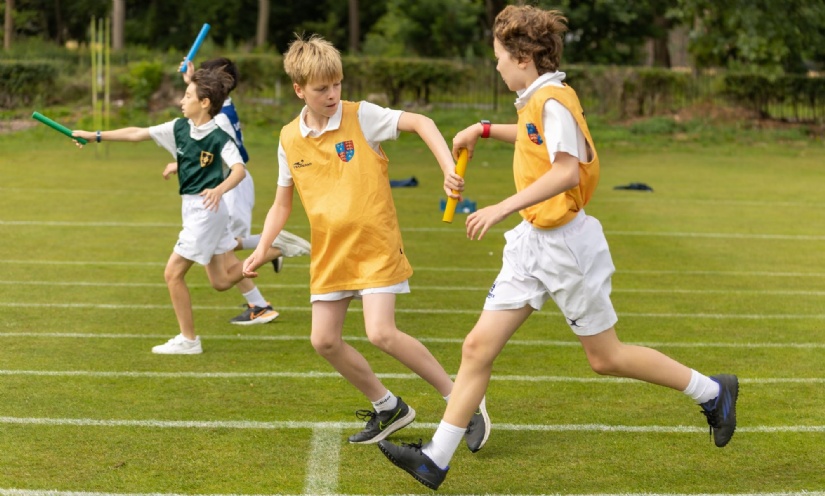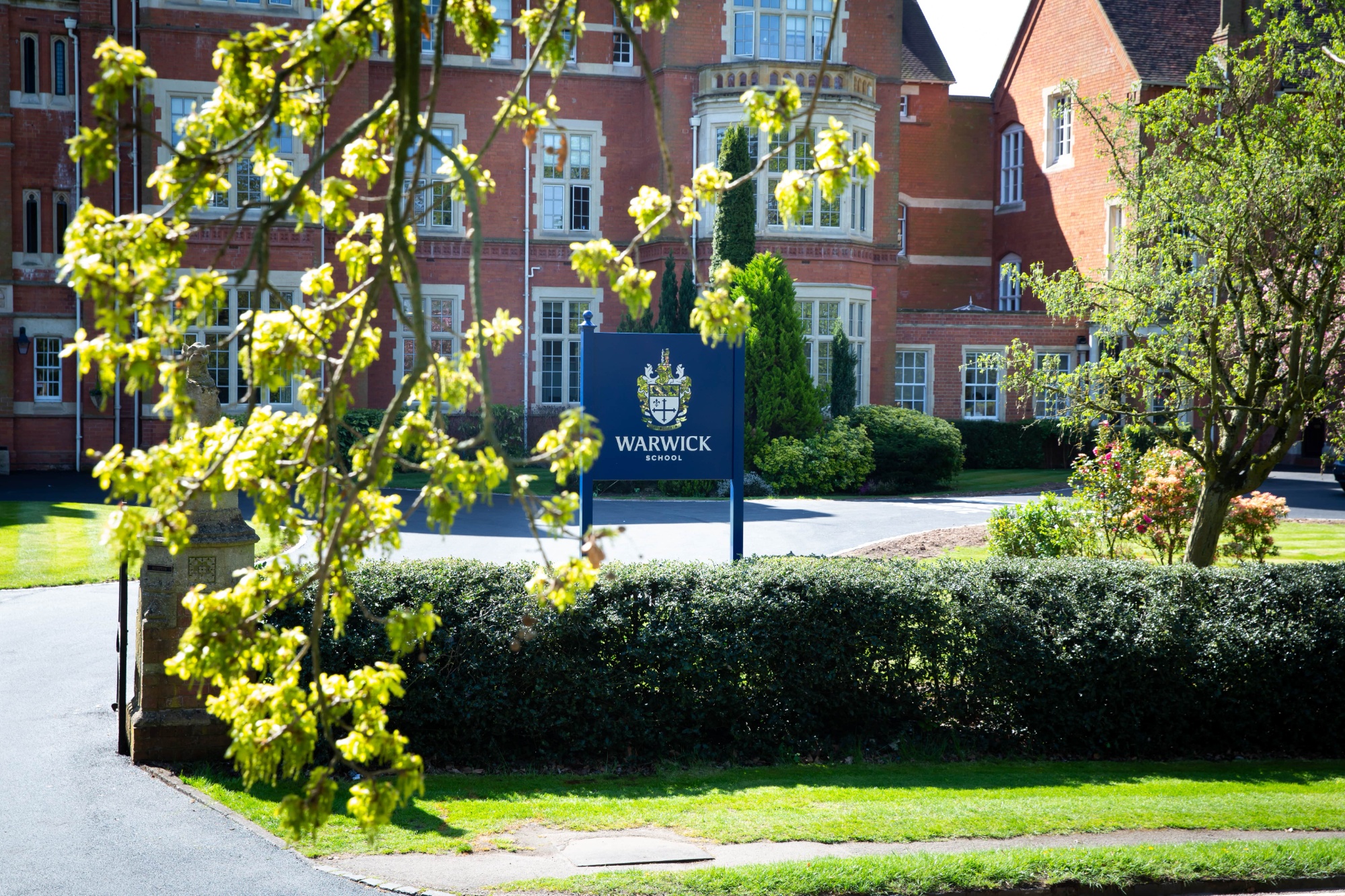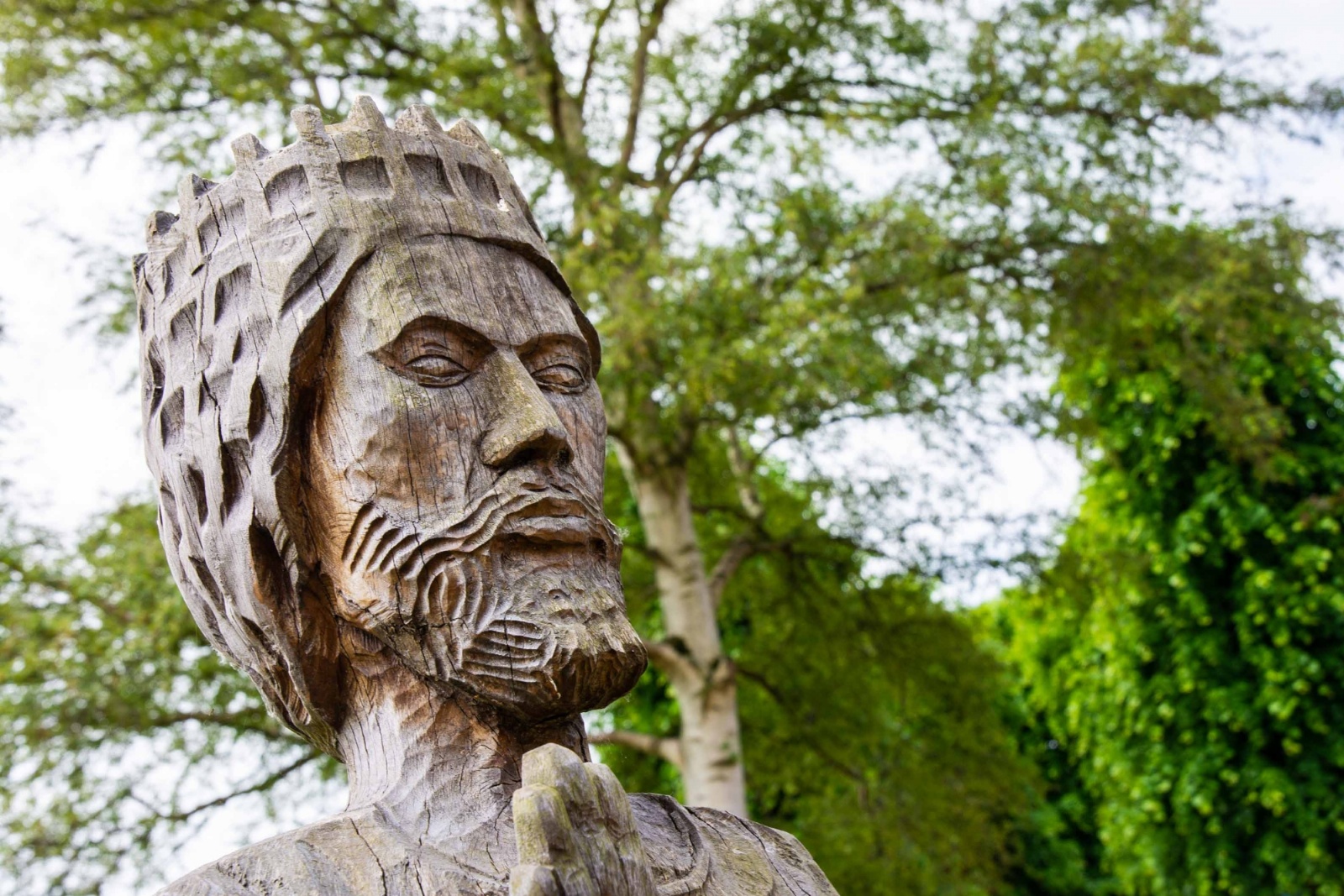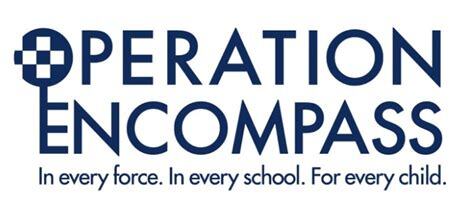The Value of Sport

It has been lovely to welcome everyone back to school this week and hear a little about some of the things they have been up to over the break. I hope that you all had an enjoyable half-term and spent some quality time with friends and family. Perhaps like me, you spent some of that time enjoying at least some of the huge amount of world-class sport taking place both in the UK and around the world at the moment.
One of Warwick School’s key priorities is to broaden horizons beyond the classroom. Like Music, Drama, D of E, CCF and educational visits, Sport has a vital role to play in this and is an important part of life at Warwick School.
Most of our pupils will not go on to play professional sport or represent their nation at a world cup. If that is their pathway we will do our upmost to support them through initiatives like the Performance Support Pathway, but for most of them this is not what the world has in store.
Sport at Warwick is about performance. Winning is not important but trying to win and be the best version of yourself is. It is also about participation. We want every Warwick School pupil to be involved in sport and as many of them as possible to represent the school.
Why? Why is sport so important? Why do we place so much emphasis on it and devote so much time to it?
It is widely recognised that a healthy and active lifestyle will have significant benefit to physical and mental wellbeing, but the positive impacts of sport are not limited to better health.
Sport is fun, friendships are built on it and memories made, and it is our experience that happy pupils learn more and achieve better outcomes at school. But there is much more to it than fun.
Matthew Syed, the author of Bounce and Black Box Thinking explains it far better than I ever could.
The longer I live the more I realise the triviality of sport and yet it is precisely because sport is trivial that it enthrals us. No other branch of human activity more precisely dramatizes the human instinct to win, to measure oneself against others, to dare to take on the world, and to learn more about oneself in the trying.
It is that last point that is important. Education is about so much more than simply public examinations results. That is the minimum you should expect from your child’s school. It is about developing character traits, values that arm you to succeed both in school and beyond and equip you to go on and lead happy fulfilling lives. Sport is a fantastic vehicle for character education. For teaching and developing the school values; curiosity, creativity, courage, perseverance, responsibility and humility, the Warwick Way. Sport is important because of the lessons it teaches us about life.
In an assembly before half-term I was joined on stage by Mr Francis and Mr Venter who spoke to the pupils about some of their experiences and how sport has helped them. Mr Venter recalled his time growing up in apartheid South Africa and the challenges he faced, how sport helped to bridge the gap between white and black communities and more personally, how he found friendships through team sport during both good and difficult times. Mr Francis described the opportunities that sport, particularly cricket, had given him to travel and experience different cultures whilst also explaining how this had helped shape and guide him though later life.
Mr Venter and Mr Francis handed over to Mr Hancock who introduced a new initiative intended to help ensure that the sport played at Warwick develops and defines the character traits, skills and attributes that it is hoped that all pupils aspire to.
The ‘Player Expectations’ document highlights four areas where clear expectations have been laid out:
- Individual attitude to sport
- Responsibilities towards teammates
- Attitude towards academic work
- Behaviour in school and outside of school.
Following the assembly coaches have asked the pupils within their teams to consider these expectations very carefully and to agree to uphold them to the very best of their abilities.
One of the greatest lessons sport teaches us is teamship. Collectively we can achieve more than is possible as individuals. Collective character is vital to success. If the culture is right, then results will follow. Successful organisations, be they sport teams, orchestras, theatre companies or businesses need individuals of integrity and character.
This idea is encapsulated in the statement: ‘Better people make better All Blacks.’
Recently I read James Kerr’s Legacy; What the All Blacks Can Teach Us About the Business of Life. It is an inspirational read full of wisdom and powerful aphorisms, but this is the one that made the greatest impression on me.
The All Blacks stand by the belief that no one is bigger than the team and that individual brilliance does not lead to outstanding results. One selfish mindset will infect a collective culture.
They select on character first; some of New Zealand’s favourite players have never made it to All Black status, while others have made it but never been invited back because they were deemed to lack the necessary character or be selfish and therefore not good teammates.
The Player Expectations Agreement is about further developing the collective culture of our sports teams and school and developing young people of character and good teammates. If we all buy into this culture, we will achieve more both collectively and as individuals.











